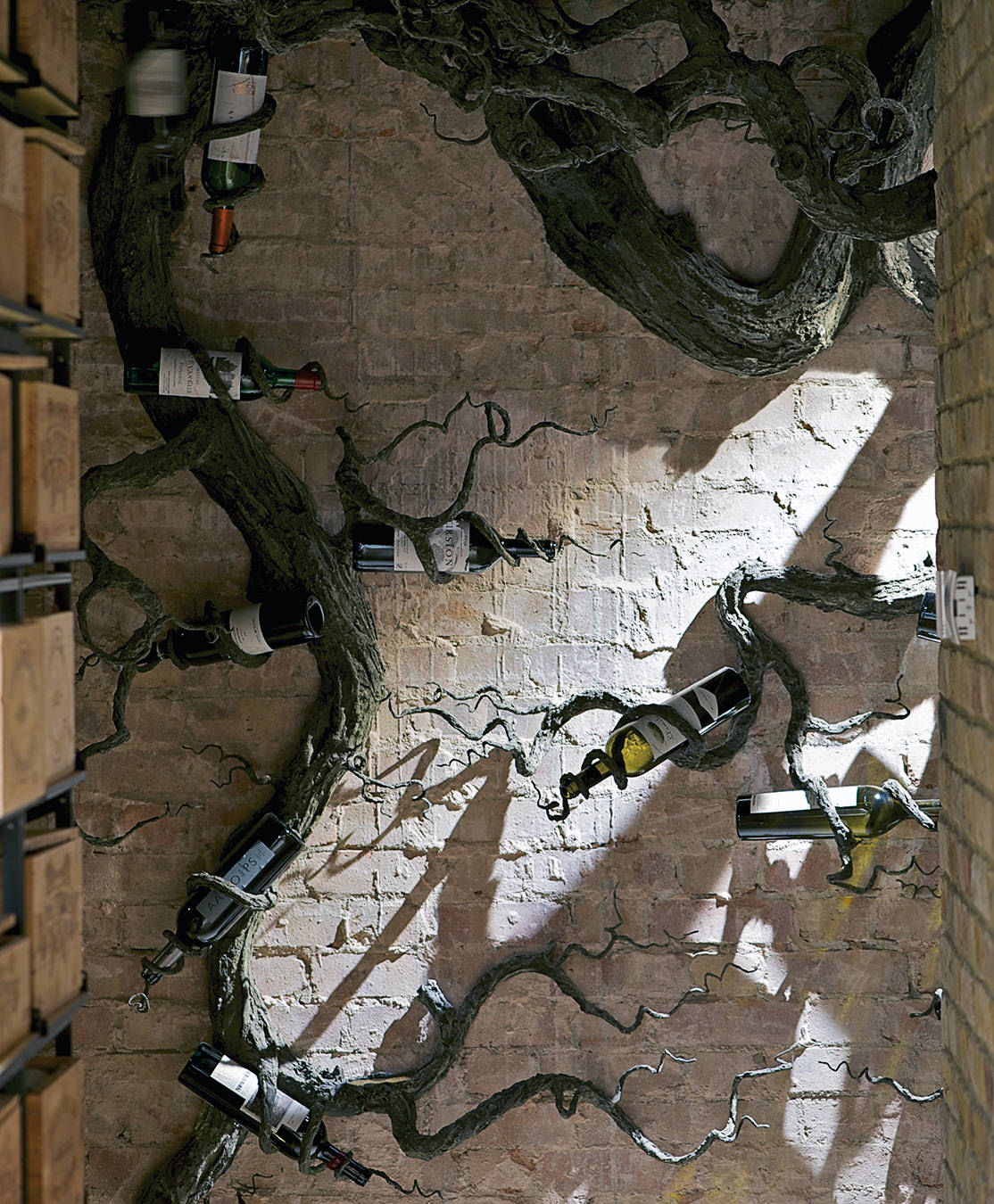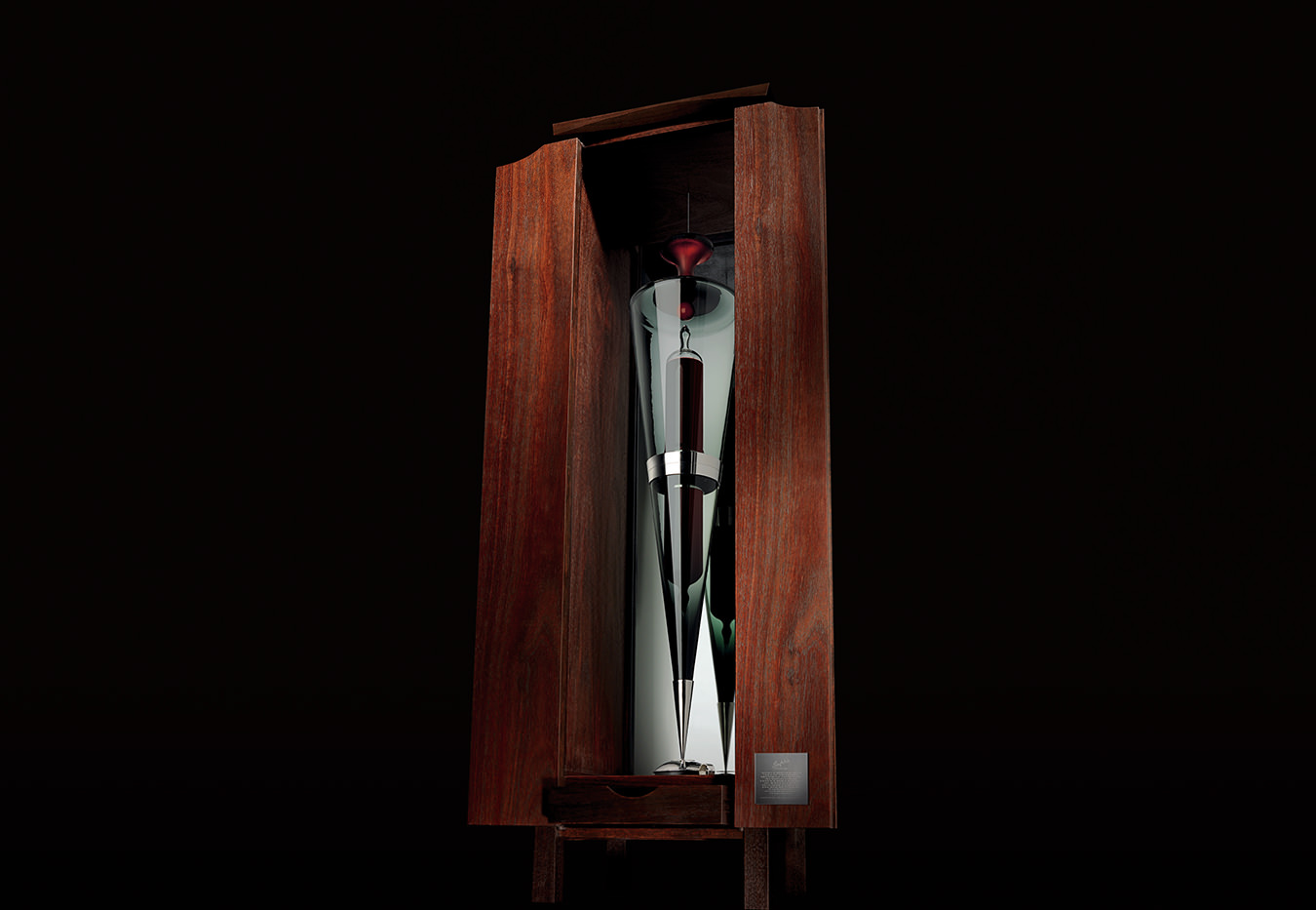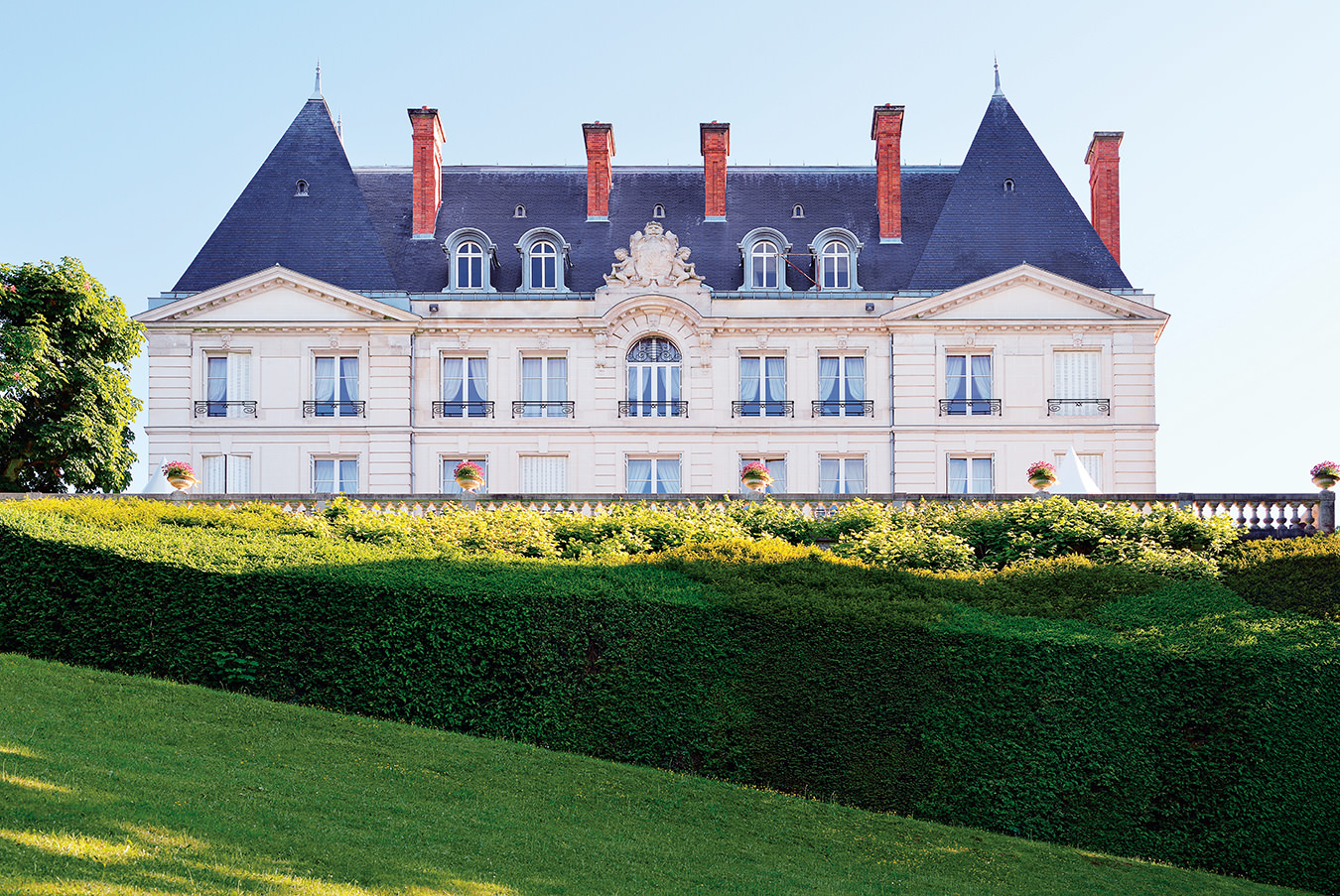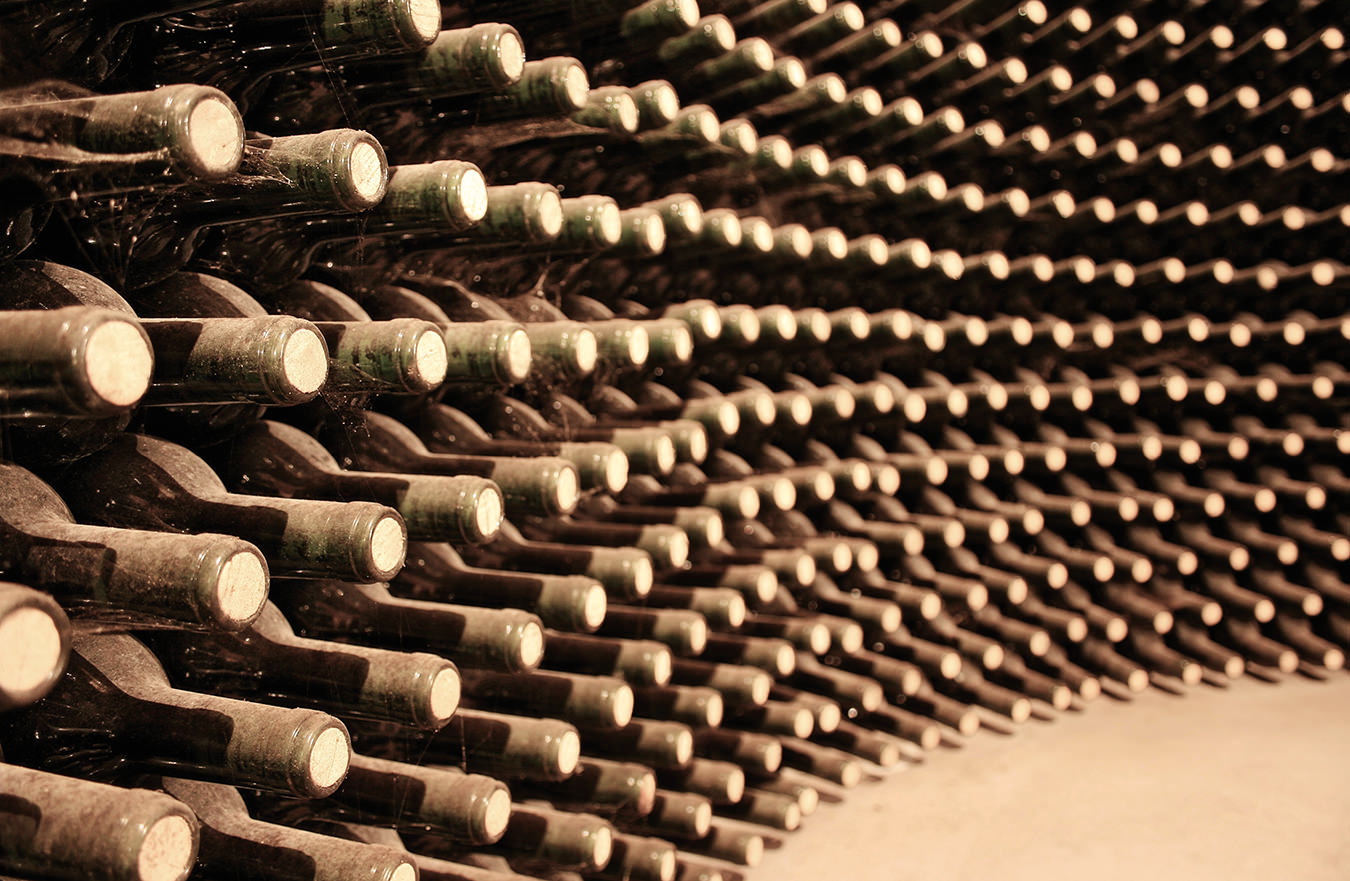The Rise of Celebrity Wine Brands
Putting their reputation on the wine
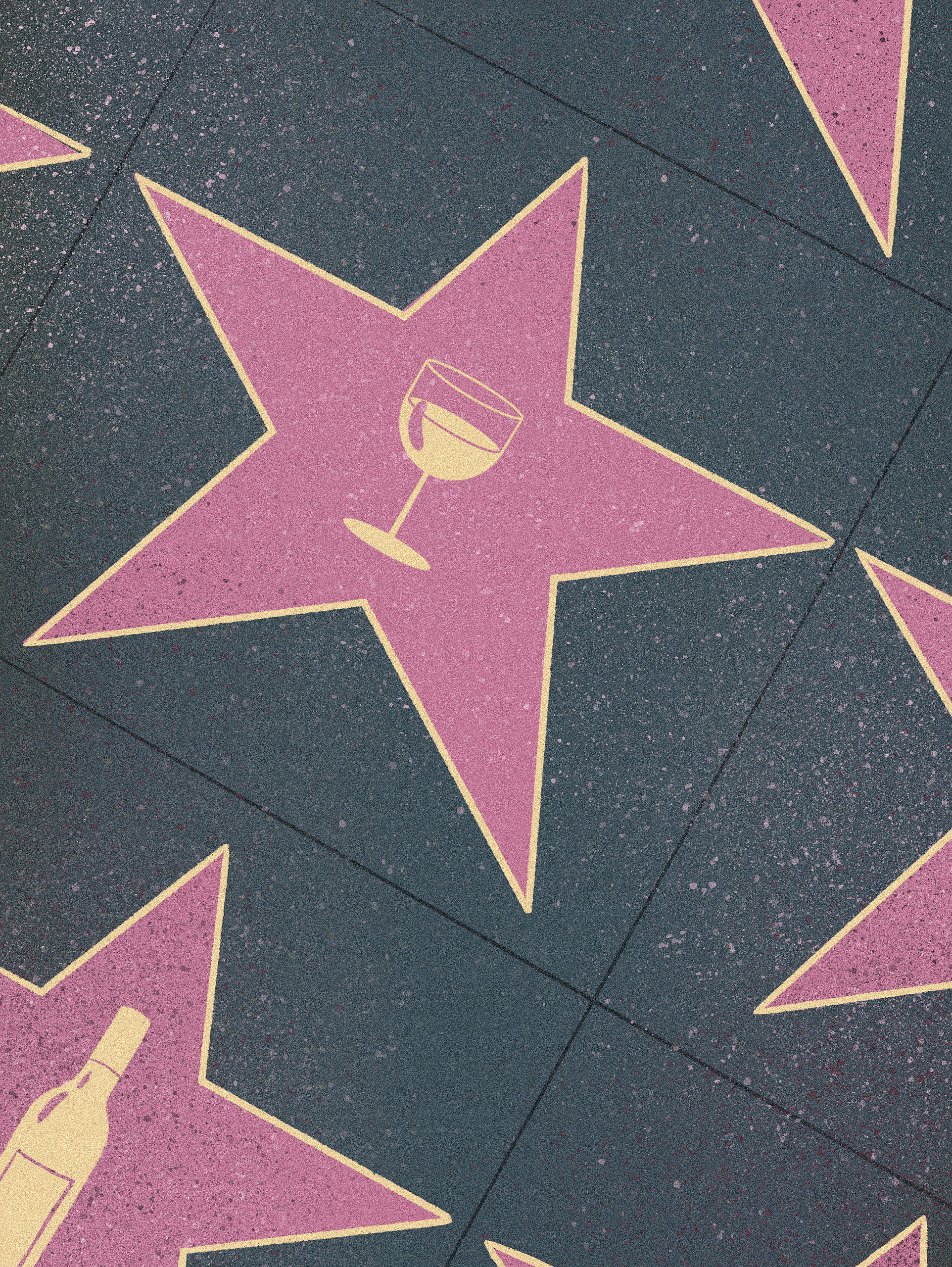
What do Kylie Minogue, Dwyane Wade, and Francis Ford Coppola have in common? They are wine brands. Singer Minogue and basketball great Wade have wines bearing their name, while movie director Coppola went a step further and founded the Francis Ford Coppola Winery. They are not to be confused with celebrities who have invested in wines—Minogue, Wade, Coppola, and others have committed their names to the labels of their wines.
Such “celebrity wines” are often spoken of disparagingly. There’s an implication that the wines themselves are not very good and sell because of their celebrity connections. It’s the same for “critter” wines, with labels showing creatures as varied as cats, hippos, birds, and llamas. Wine professionals often believe that just as some consumers are drawn to cute animals, some are attracted to celebrity wines primarily because of the celebrity name, not for the wine itself.
Most of the celebrities who brand wines with their names are men, and as we would expect, most come from the worlds of sport—mainly hockey and golf—and entertainment. An outlier is Trump Winery in Virginia, owned by Eric Trump—from a family that brands everything it touches—and said to have the only tasting room featuring an armed guard.
It’s not unusual for celebrities to give their names to products. Some brand products have some relationship to their celebrity status, such as Newman’s Own, the late Paul Newman’s range of pasta sauces made from his own recipe. Others don’t: the Coty beauty company co-owns Kylie Jenner’s Kylie Cosmetics, and Royal Doulton produces a line of ED Ellen DeGeneres dinnerware. Celebrity wines fall into this group—the brand-owners seldom have any connection to wine beyond perhaps enjoying it. Even then, it’s not clear how often they drink their own wine, apart from at public events.
Yet wine is a different commodity from pasta sauce, cosmetics, and dinnerware. Wine is emblematic of a cultured lifestyle, and wine knowledge a mark of sophistication for many young middle-class women and men. There has never been so much investment in wineries and in bottles of wine, so much writing and talking about wine, and so many wine tastings and wine fairs. More countries produce wine than ever before, the wine trade has never been as extensive, and wine consumption has spread through the world’s middle classes.
This is the Age of Wine. Should it be surprising that celebrities, like entrepreneurs everywhere, want to be part of it?
There remains the question why celebrities apply their names to wines, rather than devise a brand that evokes an image such as Star Wars director George Lucas’ Skywalker Vineyards. In the world of wine, there are two main naming models: wines are named for a place or their owner (or original founder). Are celebrities who use their own names on their wines motivated in ways different from other entrepreneurs: egoism, the cachet of being a wine owner, and expectation of profits?
Ontario wine entrepreneur John Howard says of Megalomaniac, his Niagara Peninsula winery: “I originally wanted to christen these wines in my name, John Howard…and then my good friends accused me of being yet another ‘(profanity withheld) megalomaniac.’ Regrettably, the name stuck.”
How do consumers perceive the relationship between celebrities and their wines? It’s easier to imagine Paul Newman making pasta sauce in his kitchen than Kylie Minogue and Dan Aykroyd (who has a wine brand) pruning vines, operating a grape press, or blending wines—although some celebrities are said to participate in blendings and tastings. The winemaker of Brad Pitt’s champagne, made at the Pierre Péters champagne house, says Pitt is “involved 200 per cent.”
Celebrities have also lent their names to beer and distilled spirits, especially since microbreweries and microdistilleries have ratcheted up the cachet of small-batch beers, gins, and vodkas. Wayne Gretzky has a range of No. 99 craft beers, while Dan Aykroyd produces Crystal Head vodka.
Overall, there might be little to distinguish celebrity beverages from the vast range on the market, except for brand names that are more recognizable than most others. That might drive sales. Still, athletes from team sports have to be iconic enough to override fans’ team preferences, and actors need a real following to benefit from wine sales. Clearly, many celebrities believe they have the standing to make their wines compelling.


